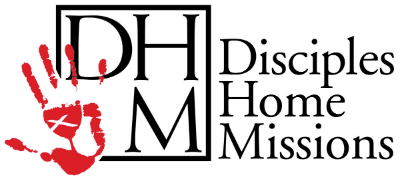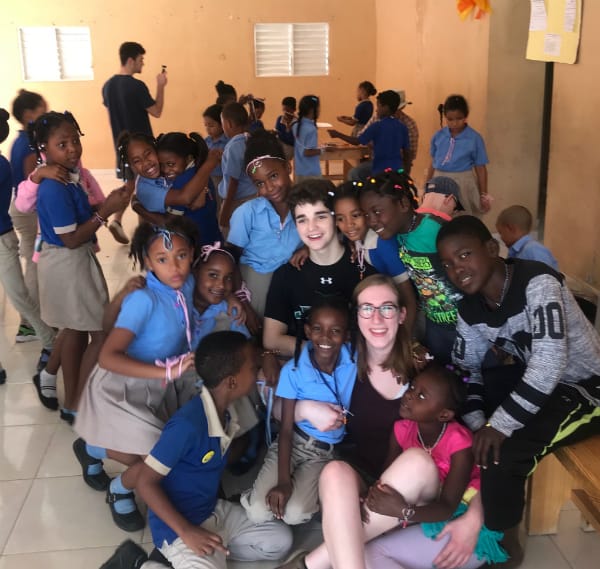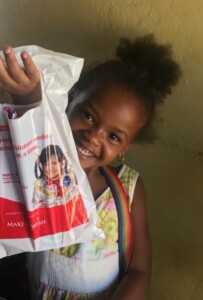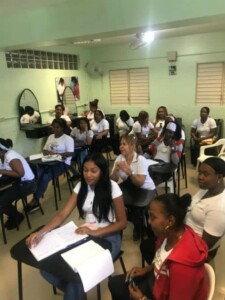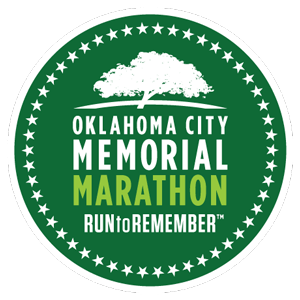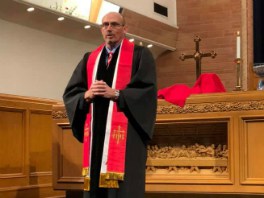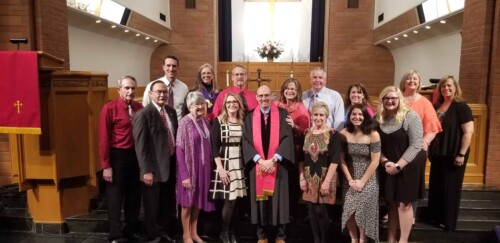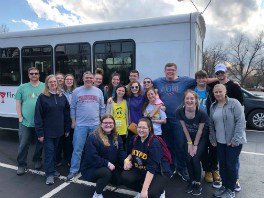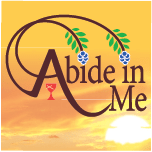New Director of Disciples Men Announced!
Disciples Home Missions (DHM) is grateful to announce the call of new leadership to offer their gifts among Disciples Men in the persons of J Gregory “Greg” Alexander as Director of Disciples Men and N Alexander “Alex” Ruth as Associate Director of Disciples Men! Alex began his tenure effective January 1st and Greg will start in April. Click HERE to read the full article

